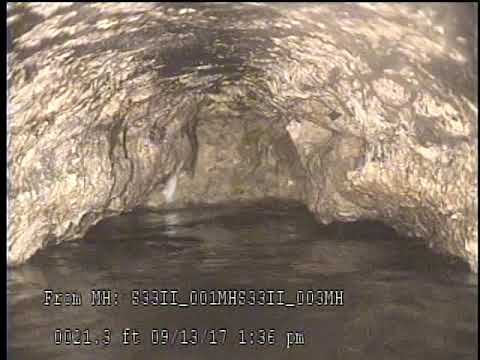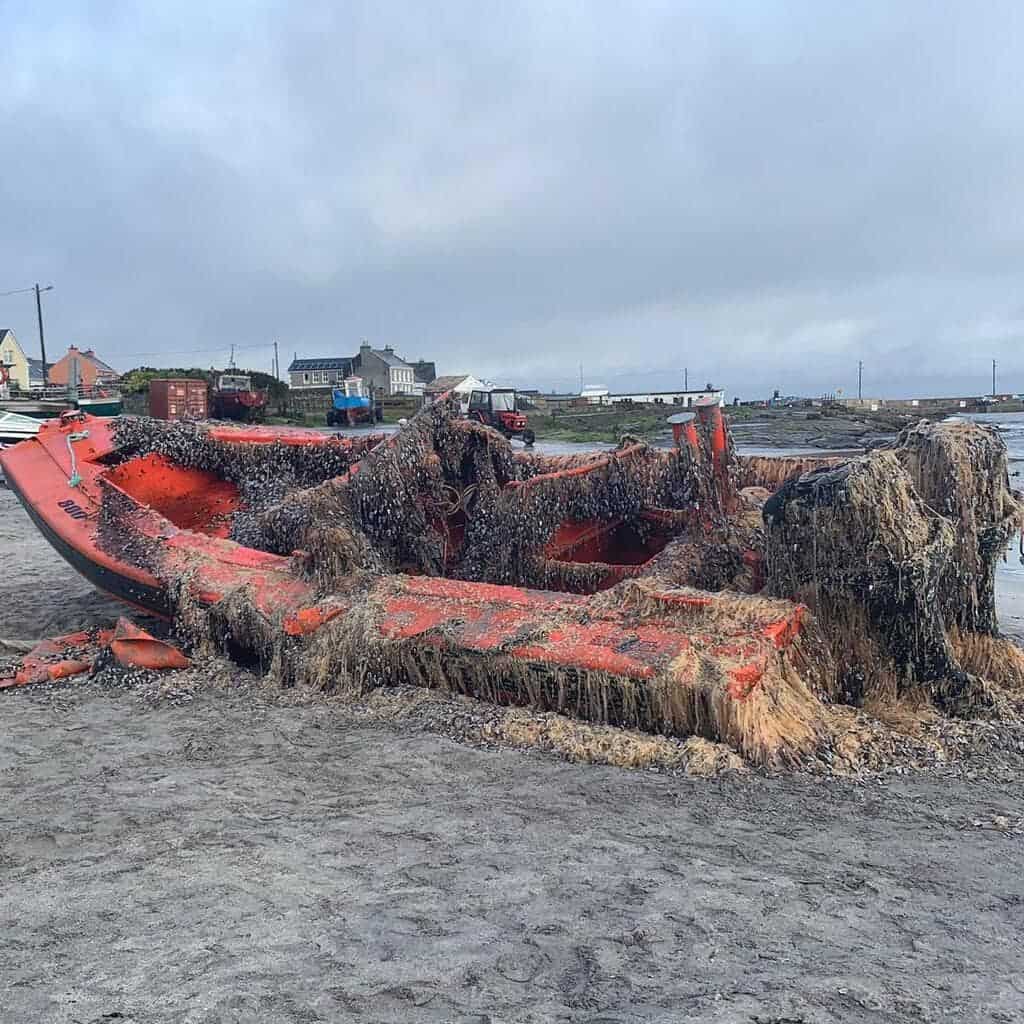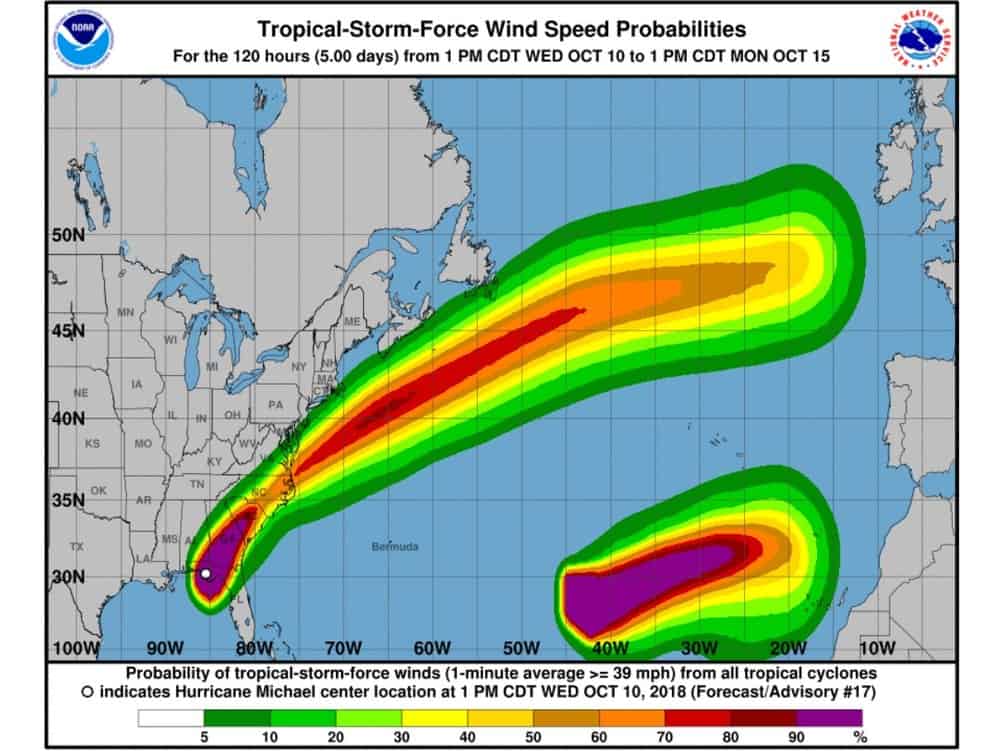It may be the grossest thing you’ll see this week.
The Baltimore City Department of Public Works (DPW) discovered a “fatberg” in its sewer systems—a massive plug of congealed fat, wet wipes, and other solids that do not break down in sewer systems.
The plug of grease was blocking 85 percent of a sewer main in midtown, between Baltimore Penn Station and Charles Street, near the Charles Theater. The “fatberg” caused an overflow that sent nearly 1.2 million gallons of sewage into the Jones Falls. At least one other overflow is also being blamed on the fatberg.
Baltimore DPW sent a camera down into the sewer to get a closer look at the fatberg, and the video tells a disgusting story.
The “fatberg” got national media attention, and was even the subject of a joke on Saturday Night Live this past weekend.
The Department of Public Works has since removed the fatberg, but the agency says the build-up of fats, grease, and oils (FOG) is an ongoing problem.
DPW has a FOG program in effect, to monitor restaurants that discharge water with fats, grease and oils in it. These establishments “must have a valid wastewater discharge permit and have functioning grease control devices, among other requirements, in order to be in compliance with the FOG program.”
But DPW says that residents also need to take care to keep non-flushabale items as well as FOG out of the sewer systems. They offer these guidelines:
-
Do not put FOG down the drain.
-
During food preparation and cleanup, pour unused grease from the “pan to the can.” Once it solidifies in an empty can, put it in the trash.
-
Do not flush “flushable” wipes; put them in the trash instead. Wet wipes don’t break down in water and create sewer blockages.
-
The only items that should be considered flushable are poo, pee, and toilet paper.
The City’s sewers, some of which are 100 years old, are being repaired and replaced to separate overflows from the Jones Falls. A project to eliminate a restriction at the Back River Wastewater Treatment plant is set to be completed in late 2020.




